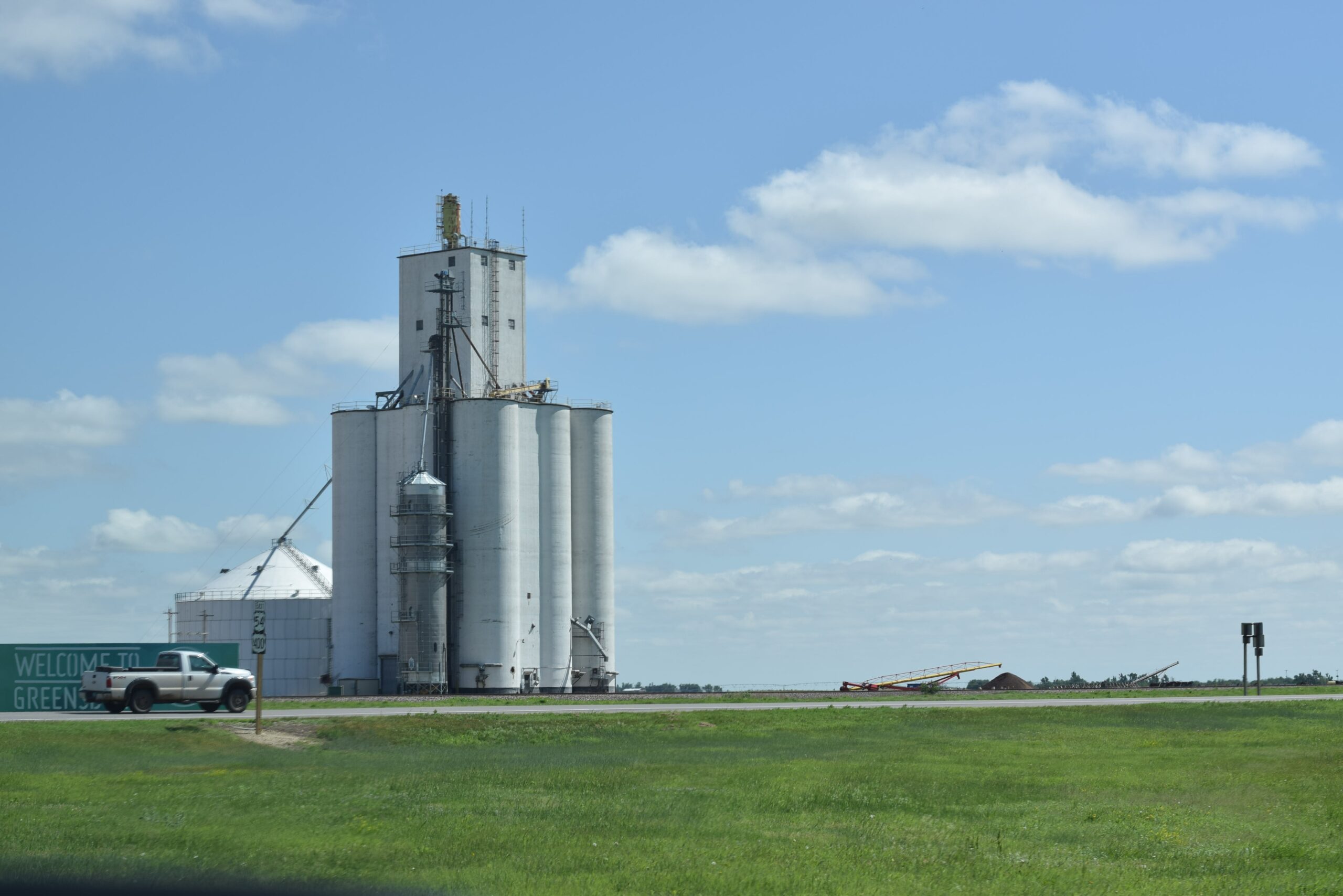By: Wendy Doyle, President & CEO of United WE
This guest blog is part of a week-long series for IWPR’s signature Status of Women in the States initiative. The work featured in this series highlights the various ways the pandemic and related economic crisis are impacting women and their families at the state level. This project builds on IWPR’s recent economic recovery report that details the extent to which women, and particularly women of color, have shouldered the greatest burden of the economic crisis, and also proposes a slate of bold policies to ensure a gender-equitable recovery. The pieces included in this series provide a snapshot of what women are experiencing in states across the nation, and highlight the urgent need for federal funding for states and localities.
COVID-19 is a serious global pandemic that is testing our health infrastructure, disaster preparedness, and economic resiliency, all while exacerbating equity issues. In this stressful time, United WE is committed to helping policymakers understand this issue through an intersectional gender lens and advance policies and practices that can help our communities respond in the immediate term and recover in the mid- to long-term.
The pandemic has brought equity issues such as gender pay equity, paid family and medical leave, and flexible work options to the forefront. Earlier this year, United WE released state-specific data and an interactive online dashboard on COVID-19 research that demonstrates how women in Kansas are disproportionately impacted by the pandemic.
Working Women and COVID-19
It is no surprise that women are on the frontlines in the fight against COVID-19. Our research shows that nationally, women serve as more than 75 percent of healthcare professionals, 85 percent of healthcare support professionals and 55 percent of service sector workers, with women of color overrepresented in these jobs. Nearly eight in 10 healthcare professionals in Kansas are women, slightly higher than the national average. Kansas women hold 77.8 percent of health care positions such as practitioners and technicians, and 87.9 percent of health care support occupations including dental assistants, therapy aides and orderlies.
Despite being the foundation of our healthcare response to Coronavirus, women are still paid less than men in many healthcare occupations and these professions are further aggravated by racial and gender pay gap inequities. Across the United States, women make an average $0.82 per every dollar a man makes, with Black women making 63 cents, Latina women making 55 cents, and Native women making 60 cents for every dollar paid to white men. In Kansas, female physicians make just $0.67 compared to their male counterparts. The wage gaps have life-long consequences on women’s participation in the labor force, levels of compensation, and long-term economic security.
Barriers to Healthcare
For those without employer-based health coverage, the lack of access to preventative care, mental health services, and emergency care is a major barrier to childrearing, education, and employment, and is a threat to their financial security.
In Kansas, about 1 in 10 individuals lack access to health insurance, putting them at risk for significant costs or foregone treatments related to COVID-19. For Kansas women and women nationally, 8.3 percent are without health insurance, with women of color more likely to lack coverage, largely as a result of being channeled into low-wage jobs that fail to provide a host of important benefits. Access to affordable healthcare is critical to women’s physical and mental wellbeing, and that of their families.
Access to Childcare: An Immediate Concern
The impacts of COVID-19 have further illuminated how a lack of childcare compromises women’s ability to fully participate in the workforce. Women are disproportionately stepping out of the workforce and reducing their work hours to care for their families, and those who are still working are now juggling additional childcare responsibilities on top of their own work duties. The loss of work and reduction in hours further exacerbates the gender pay gap and impacts long-term retirement savings capabilities, which will have a multi-generational impact.
In addition to the lack of care that has thrown many families into crisis, the lack of affordability of childcare has long been and continues to be a significant issue for women. In Kansas, childcare costs are 31 percent of women’s median earnings. One-in-five families are single mother households that are shouldering the heaviest burden of the pandemic and economic crisis.
Women are making economic sacrifices to provide for their children, and bold changes are needed to create an inclusive, supportive workforce.
We Work For Change
Improving economic opportunities and outcomes for women has broad benefits: for children, for families, for communities, and for the economy as a whole. The McKinsey Global Institute found that the Kansas economy stands to grow by 10% or more by 2025 if women’s participation in the workforce increases.
Policymakers need to prioritize the needs of women and families in their recovery plans. The state-specific data underscores need for paid leave, pay equity, more affordable child care options, and less red tape for professional women. These changes will ease this burden on women and set the stage for a more economically powerful future for women in 2021 and beyond.


